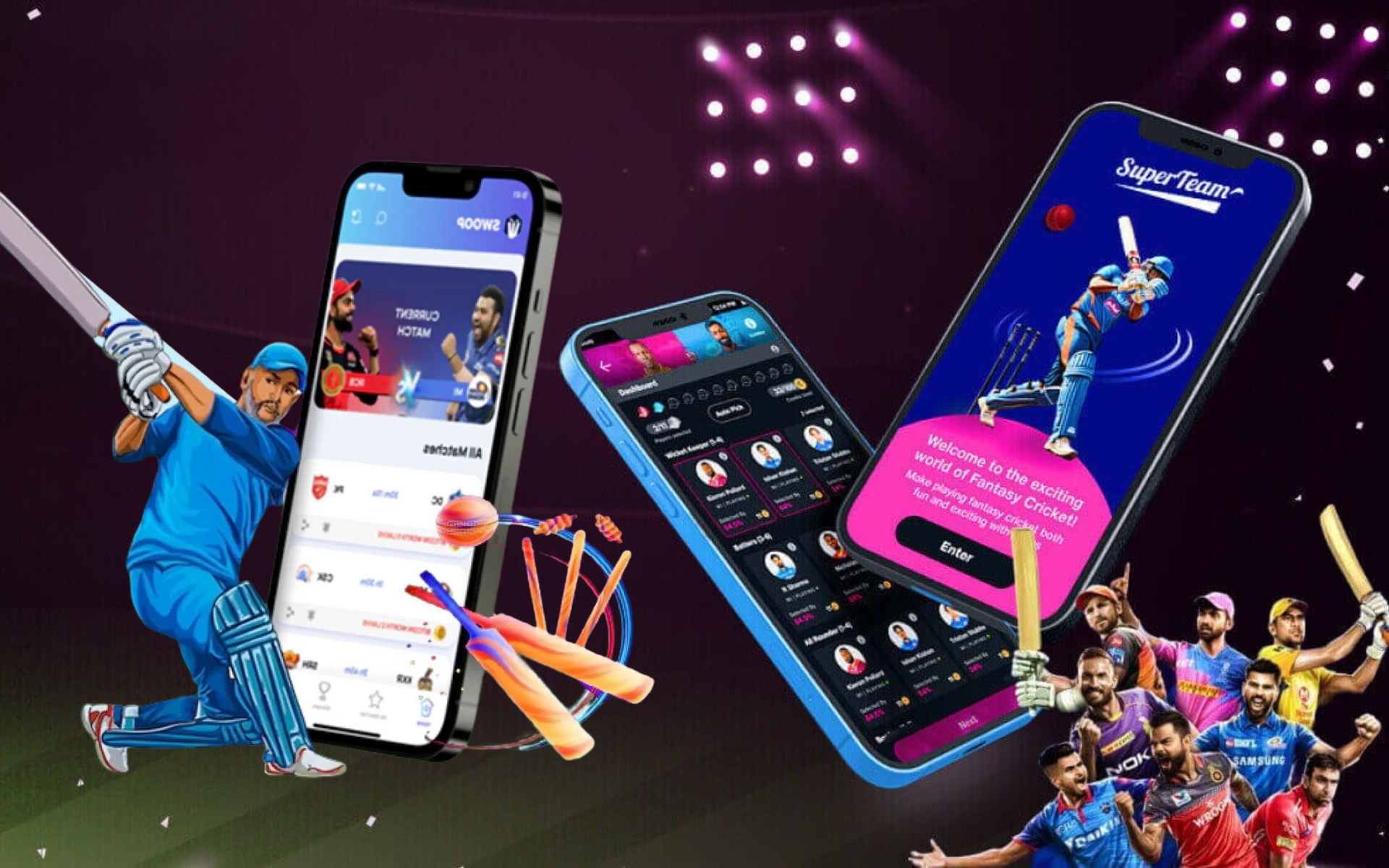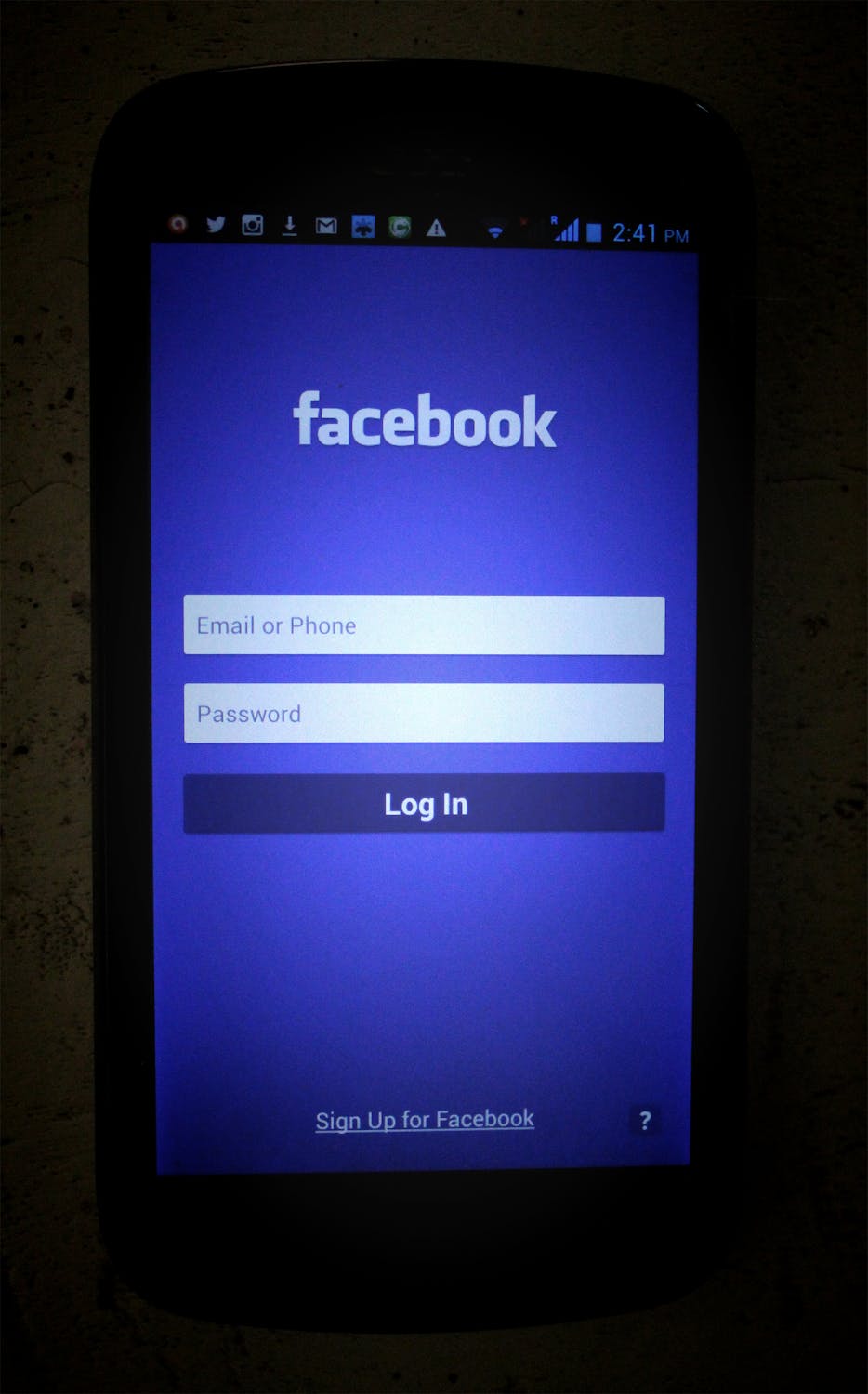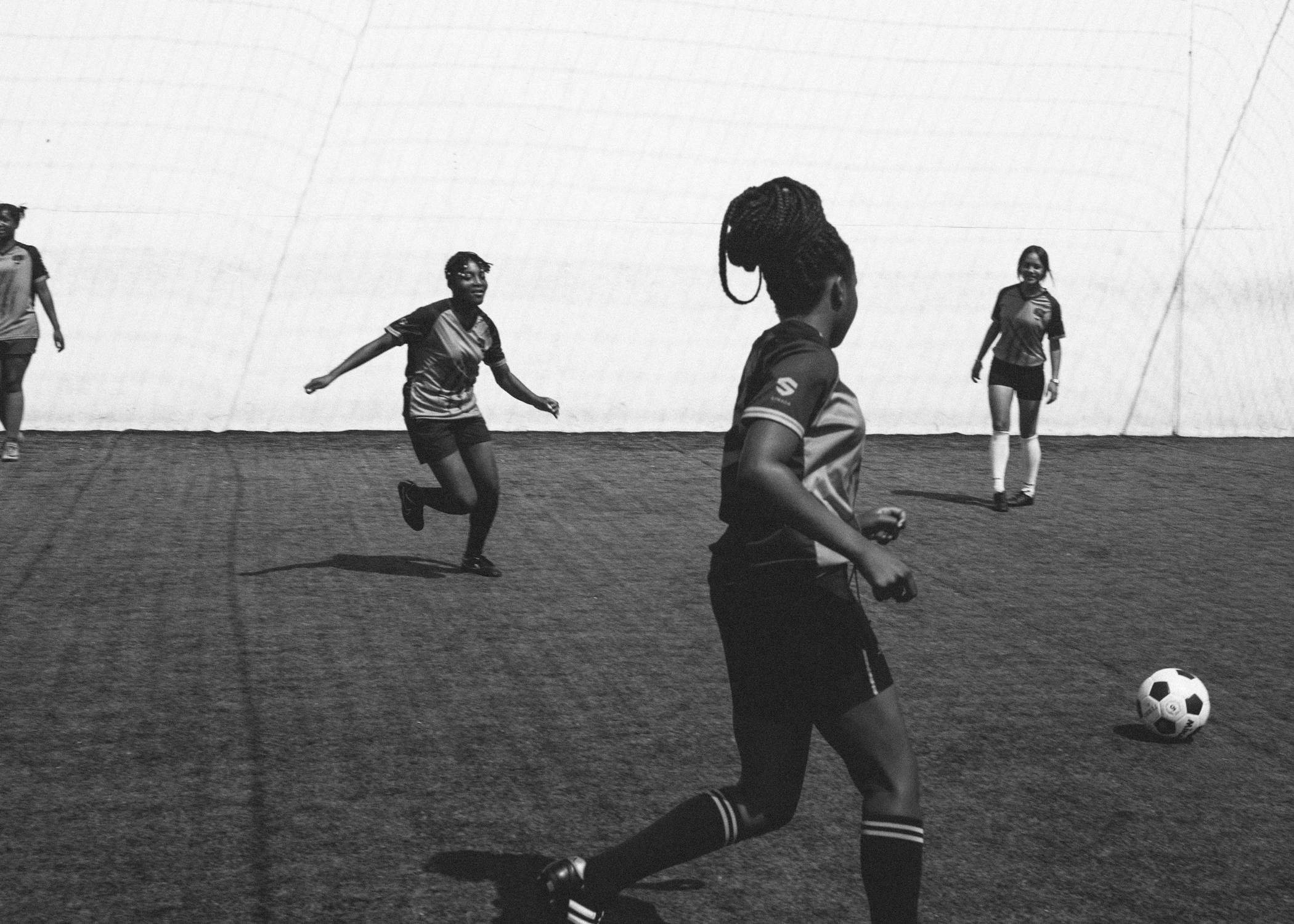NCAA amateurism is dead. On Thursday, July 1, several states across the country opened the floodgates for name, image and likeness (NIL) laws to go into effect, allowing college athletes to finally monetize their brands. Already, players like Oklahoma quarterback Spencer Rattler, Auburn quarterback Bo Nix and many others across multiple sports have either inked endorsement deals or trademarked their personal brands. The list of athletes, which can include high school players, is only going to grow as the NCAA waits for federal NIL legislation to arrive in the coming months.
The change is drastic, but it’s a long time coming. And it’s hard to look at this monumental shift without thinking of the countless college athletes who have come before who should have been able to profit off of their NIL. With that in mind, our college football team made their picks for the former superstar players who would raked in the endorsement deals had NIL laws been around in their time.
Obviously, that list is much longer than we can hash out here, but without a doubt, these players would have been perfect candidates in their era.
Oklahoma LB Brian Bosworth
One of the best linebackers in college football history was also the most complete brand the sport might ever see, even in the NIL era, from the aggressive and dominant defensive play to his hair and the epic “NCAA” shirt during the Orange Bowl after he was banned from the game for a positive steroid test. The Boz didn’t have endorsements, but he was a non-stop endorsement of living unapologetically, and that’s a trend that seems to connect across generations. His ability to perform has been proven with his acting career, and his Oklahoma-Texas roots would have made him an easy pick for NIL opportunities both locally and nationally. — Chip Patterson
You mean to tell me that a man who, across multiple sports, was branded as “Prime Time” and “Neon Deion” … who had a rap music career … whose alter ego is “Leon Sandcastle” … wouldn’t have thrived under NIL laws? Dear reader, I dare say there isn’t an endorsement deal Sanders wouldn’t have accepted had amateurism laws not been tossed out the window when he was crushing it at Florida State. Sanders was an incredible athlete in football and baseball, but he was (and still is) every bit as great as a mogul across multiple media, gaming and sports platforms. I mean, Jackson State is a headline-grabber now because of him. When we came up with this topic early in the week, I couldn’t think of a single ex-college player better suited as an answer. — Ben Kercheval
Consider for a moment that Tim Tebow had not played a snap in the NFL since the 2012 season, and yet that did not preclude him from getting a chance to play tight end for the Jacksonville Jaguars this summer. Consider that, before this opportunity, Tebow was able to convince MLB teams to give him a shot as a baseball player despite not having played baseball since his junior year of high school. He then played 306 minor league games over four seasons while occasionally taking time away to fulfill his media duties, playing in the Mets organization before retiring. Why has Tebow been given these chances? Because he’s not just Tim Tebow, he’s Tim Tebow: The All-American Boy. Now, imagine what Tebow would have been able to do with that brand if he’d been able to capitalize on it while still in college winning national titles and Heisman Trophies at Florida. — Tom Fornelli
Texas A&M QB Johnny Manziel
Johnny Manziel might have profited more off his name, image and likeness than any player in college football history because of the intensity of his stardom at the time during which he played. Manziel’s rise to prominence came just after Texas A&M’s switch to the SEC and at a time when the use of social media was exploding nationally. Instead of using his Twitter account to talk about how he couldn’t wait to leave College Station, Manziel could have used it to rake in endorsement cash.
As it turns out, Manziel was a bit of an entrepreneur anyway, even though it was against the rules. He admitted recently to committing the horrific atrocity of signing autographs in an interview with Barstool Sports. If Manziel had been playing in the NIL era, he could have made exponentially more than the estimated $33,000 he collected from his signature after his Heisman Trophy-winning campaign. The guy didn’t need a business empire around him to help build his brand. He was just Johnny Football, and you better believe that Johnny Football would have left the college game a millionaire — and probably in a much better headspace — if he hadn’t been subject to NCAA rules that seem archaic as of July 1. — David Cobb
USC RB Reggie Bush
Reggie Bush flat-out owned Los Angeles in the mid-2000s. Sure, he won the Heisman Trophy, and that’s all well and good. But Bush transcended the sports world and became an entertainment icon who was so successful that he had Snoop Dogg, Will Ferrell and countless other stars from all across the entertainment spectrum on the sidelines to watch him torch opposing defenses. This was, of course, at a time when the city didn’t have an NFL team and those entertainment icons owned Hollywood. Bush’s cash flow that he would have received as a college football player would dwarf the value of the house that his parents got, which ultimately banned him from the program and forced him to return his Heisman Trophy. — Barrett Sallee







